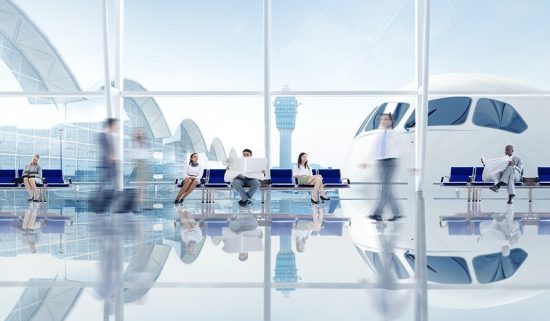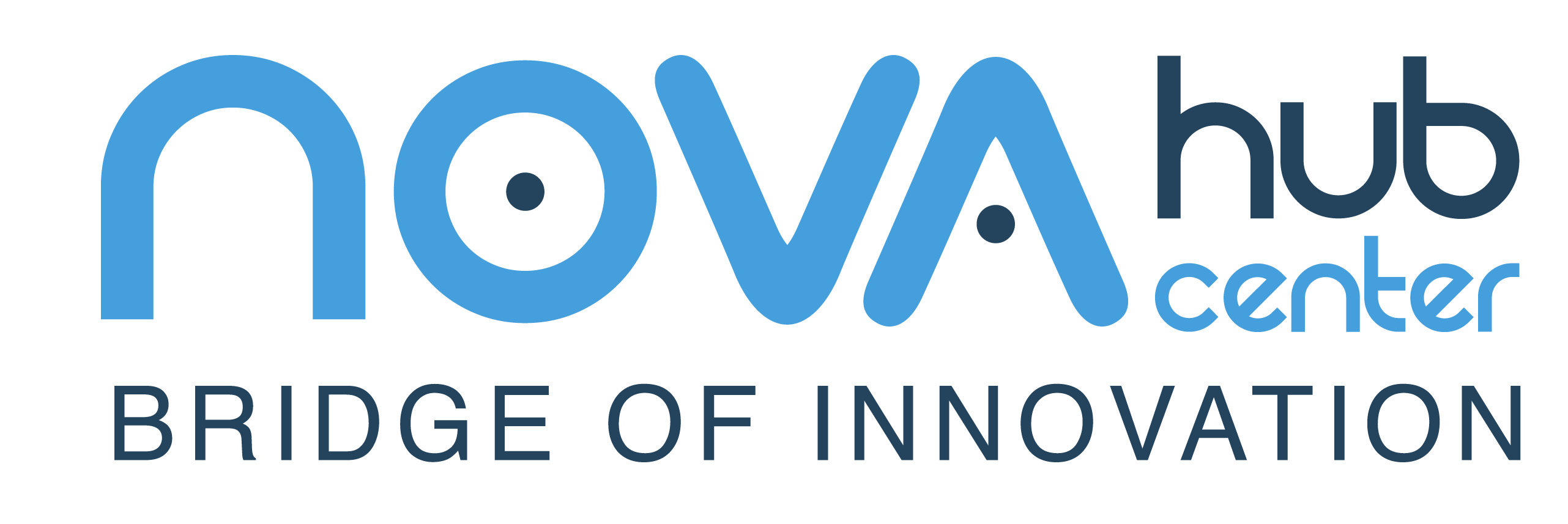
HOW SMART CITY CAN BRING MORE SUSTAINABILITY TO OUR SOCIETY AFTER COVID 19?
HOW SMART CITY CAN BRING MORE SUSTAINABILITY TO OUR SOCIETY AFTER COVID 19?
A smart city is not only a group of technologies, it is also a way to redefine mobility and the architecture of urban areas. The daily life of passers-by will have to change, areas of high crowd concentration will have to be rethought.
Private transport services such as Uber or traditional taxis have lost a lot in this crisis. According to Uber, their loss is estimated at $2.9 billion during pandemic. The rest of the population is minimizing these trips, preferring local shops or home deliveries for superstore purchases.
Public transport is also severely affected. According to some countries, public transportation is more or less used, even if for the lower social classes there is not much option to move in the city. It still is the cheapest option in some cities and many people have to continue their activity if they want to continue living.
In the end the problem is twofold, either public transport is in financial difficulties because of the decrease in its use or people who do not have the possibility to find other cheap means of transport will be significantly affected.
The difficulty lies in the psychology and culture of the population. It will be easier to adapt street furniture and buildings by educating people than by trying to drastically change their habits.
Shopping centers must also develop methods that avoid contact as much as possible. The interior layout of stores and food zones will have to adapt with an optimization of space from maximum filling to display to ensure viable social distancing.
Telework organized by many companies has become compulsory and useful and will probably be maintained for some time. It proves its efficiency in the service sector, it is unfortunately very complicated for the industrial/products sector to stop manufacturing. There is still a need to find a balance between production and employees health.
The Smart Home can also help by rethinking the layout of properties which may have to be adapted in the medium to long term for both personal and professional use. Or even all traditional workplaces that will have to be reorganized to ensure optimal protection for employees.
The answer to these questions and the consequences of this crisis are up to the innovative companies to answer them, the task will not be easy, but it is a very interesting opportunity to accelerate the energy, urban and social transition of our society.
Novahub invites startups specialized in Smart City and Smart home to contact us to share their ideas and connect them with the important actors of this global change.




 Français
Français Español
Español